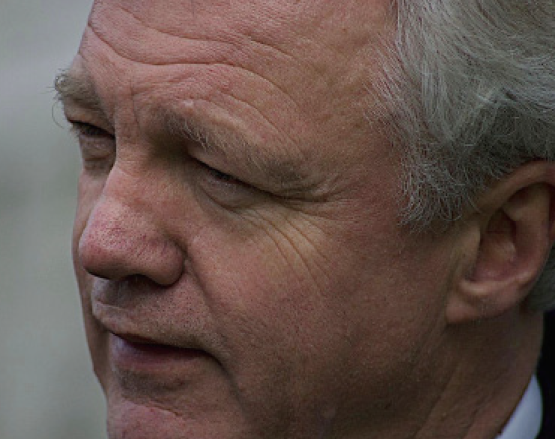
THE UK GOVERNMENT has moved to quell at least some of the concerns of devolved administrations by undertaking to consult with them about the planned Repeal Bill which is a cornerstone of the ConDup pact’s policy on Brexit.
However while consent will be sought, if it is not forthcoming there will be no veto on the UK government’s Brexit legislation.
On Monday (Jun 26) , Brexit Secretary David Davis told the House of Commons: “We expect there will be a significant increase in the decision-making power of each devolved administration once we exit the EU.
“That’s why, given that this bill affects the powers of devolved institutions and legislates in devolved areas, we will seek the consent of the devolved legislatures of the bill.”
The Repeal Bill will – amongst other things – write EU Law into UK law enabling Parliament to decide what to keep and what to reject. However, where the Repeal Bill affects areas of governmental responsibility which are devolved, by convention the Westminster Parliament consults with the devolved legislatures. But the UK Government is not bound by the devolved governments’ positions in such circumstances and the latter bodies cannot veto primary legislation from Westminster.
Last week the Constitutional and Legislative Affairs Committee of the Welsh Assembly released a statement that outlined its concerns that some presently devolved matters – for example autonomy on agriculture – could be the subject of a London-based power grab.
Part of the basis for the concerns stem from the UK Government’s approach to the Wales Act 2017; legislation the Committee concluded was over-complicated, bureaucratic and which did not address many points raised by either the Welsh Government or the National Assembly.
The Committee believes the UK Government must address the question of what is the Union for when considering Brexit legislation.
“What makes Wales’ position particularly uncertain is that the introduction of the Great Repeal Bill coincides with a changing devolution settlement that is untried and untested,” said Huw Irranca- Davies AM, Chair of the Constitutional and Legislative Affairs Committee.
“Once the reserved powers model is in force, the boundaries of our legislative competence will no longer be as we previously understood them, and it is difficult to say with confidence what the legislative competence of the National Assembly will be.
“However, based on the UK Government’s approach in relation to the Wales Act 2017, we are concerned that the National Assembly could lose powers to central control as a result of exiting the EU, particularly in policy areas that have been heavily reliant on EU law.
“Overall, the key issue that needs to be addressed by the UK Government is the creation of a legal and constitutional context that serves the devolved nations and UK following exit from the EU. That context needs to be developed in partnership with devolved nations rather than being imposed upon them.”
The Committee submitted its conclusions to both the House of Commons Procedure Committee, and the Assembly’s External Affairs and Additional Legislation Committee as part of its inquiry into the Great Repeal Bill.
Responding to the Brexit Secretary’s remarks, a Welsh Government spokesman said: “We hope this means they have been listening and taking seriously our very strongly felt concerns that this legislation must not in any way restrict the powers and competencies of the Assembly.
“As set out in our policy paper, Brexit and Devolution, leaving the EU must be about the future, not the past.
“We must work with England, Scotland and Northern Ireland – through discussion, not diktat – to map our collective future.”

















